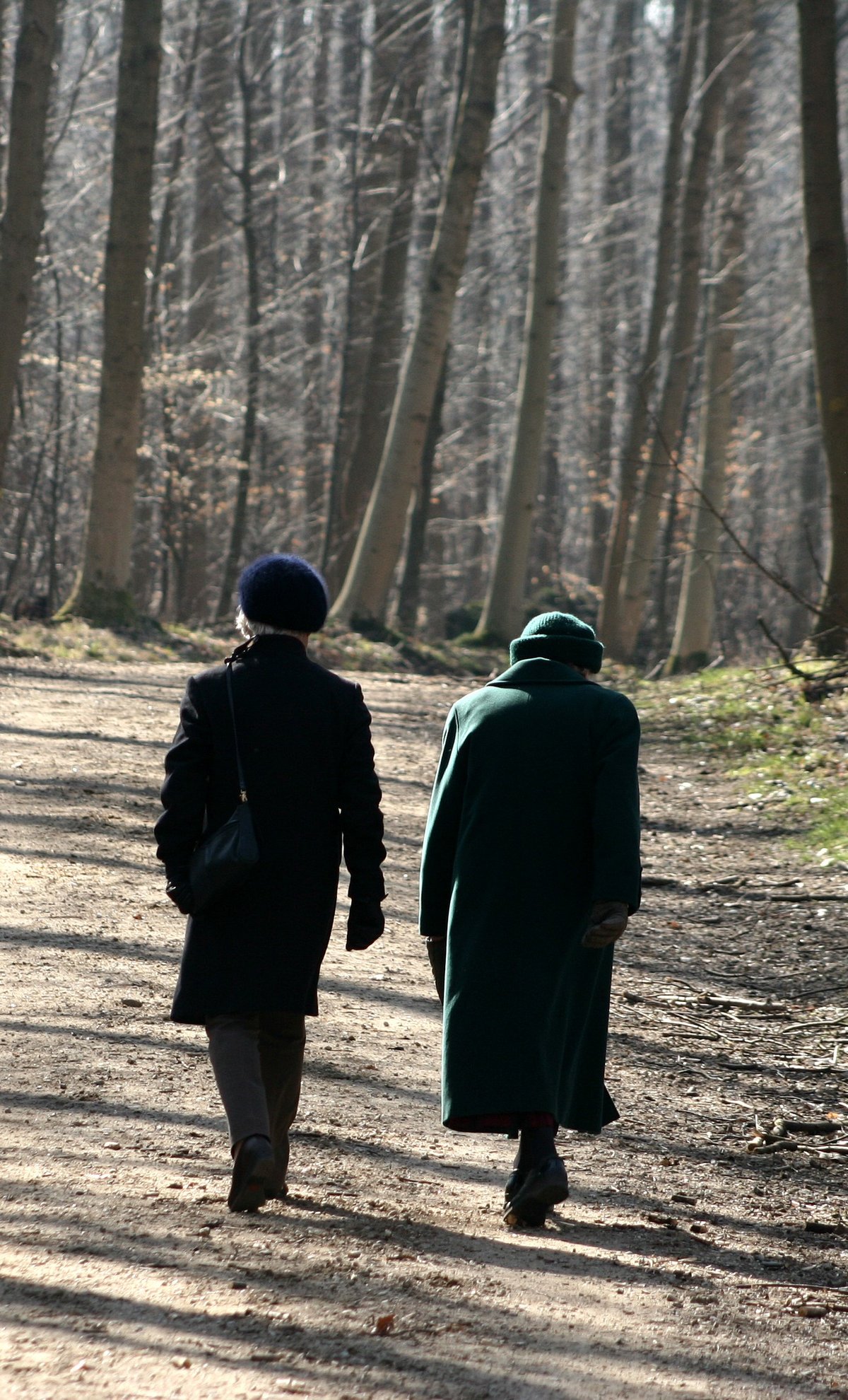MemoScience
In older adults with Alzheimer’s disease (AD), the ability to remember the personal past is impaired. This type of memory, called autobiographical memory, supports a sense of identity, problem-solving, and is central to developing and maintaining social relationships. Losing autobiographical memory therefore is debilitating for many aspects of life.
The present project pursues the hypothesis that it is possible to improve memory abilities, cognitive functions and well-being in individuals with dementia by stimulating autobiographical remembering through different forms of environmental cuing. The proposed research program combines two key insights from research in autobiographical memory. First, it draws upon recent findings showing that involuntary (spontaneously arising) autobiographical remembering is a way of accessing the personal past that requires little executive control and that therefore may circumvent the executive deficits in memory retrieval seen in AD. Second, it draws upon well-established findings of early memories (from childhood and young adulthood) being better preserved and more easily remembered than recent events in dementia. It combines these two insights into a novel program for research and intervention.
First, we examine the effects of immersion into a historically authentic environment that reconstructs the material and cultural context of the participants’ youth. The project has access to this unique environment through collaboration with Den Gamle By, National Open Air Museum of Urban History and Culture in Denmark. We predict that this type of intervention will be especially effective, because it activates a reserve of early memories with little involvement of executive processes. Being immersed in this environment therefore compensates for some of the cognitive deficits that normally are present in this population. Second, based on insights from the first part of the program, we develop unique laboratory facilities for autobiographical memory rehabilitation that allow systematic manipulation of different forms of naturalistic cuing in order to identify the best methods for activating autobiographical memories in dementia and rebuilding autobiographies.
Findings will suggest new ways of intervening with individuals with dementia and could have direct implications for the organization of care environments: How can they be arranged to optimize autobiographical remembering and potentially minimize depersonalization and estrangement? It is our goal that the scientifically qualified answers provided by this research project will contribute significantly to reforming elderly care.
The project is supported with 6.687.123 DKK by the Velux Foundation 2017-2022
